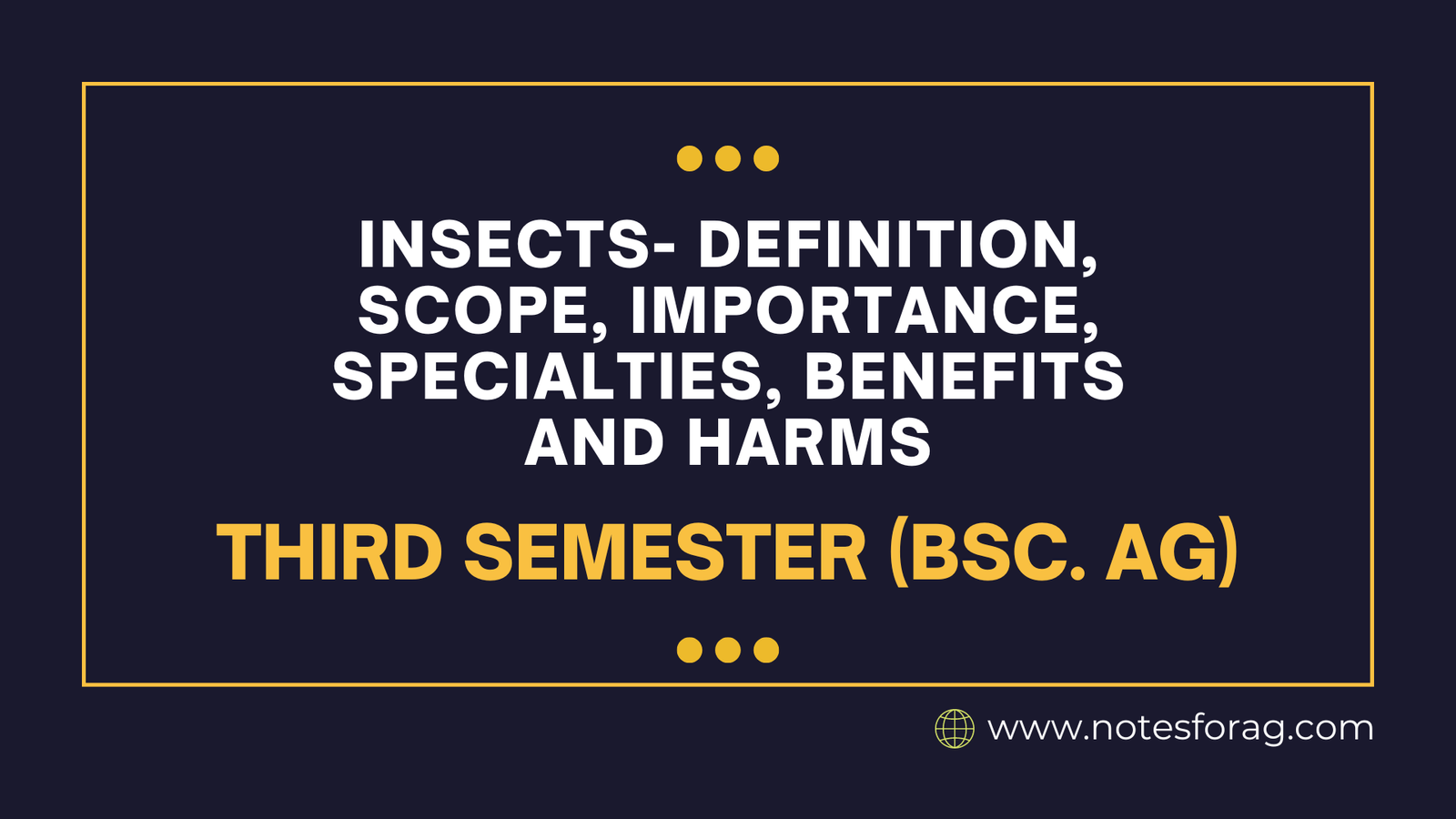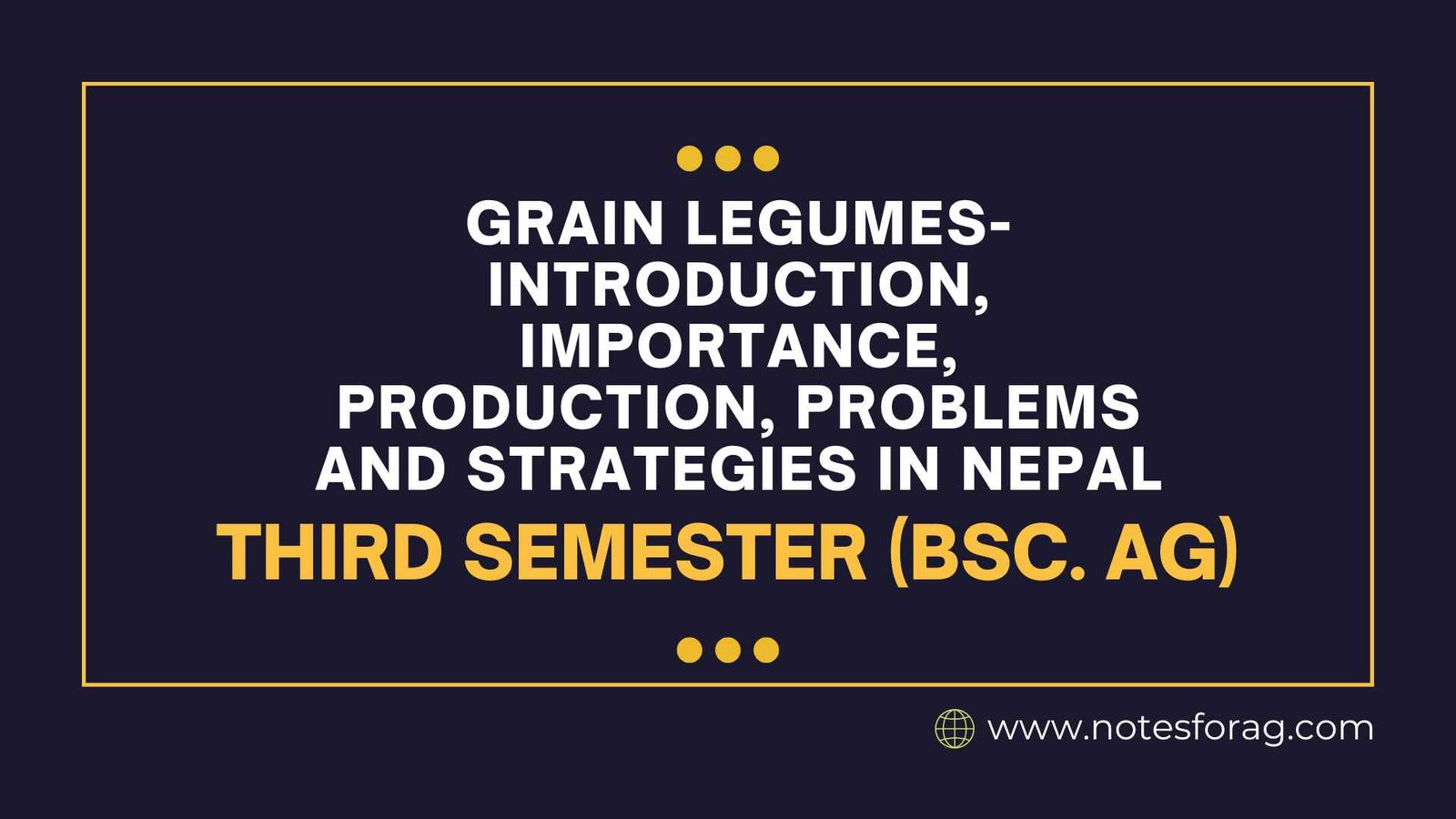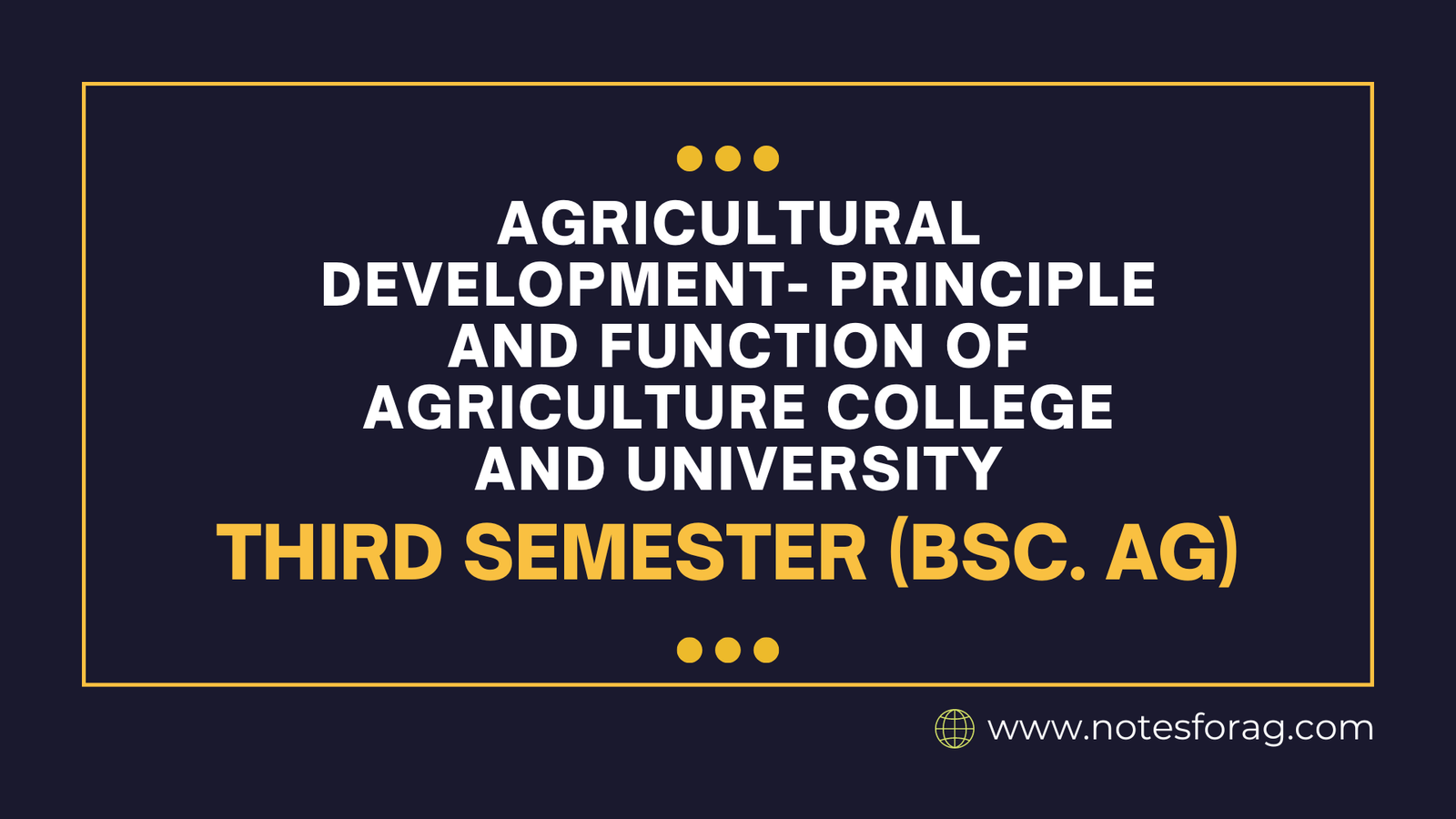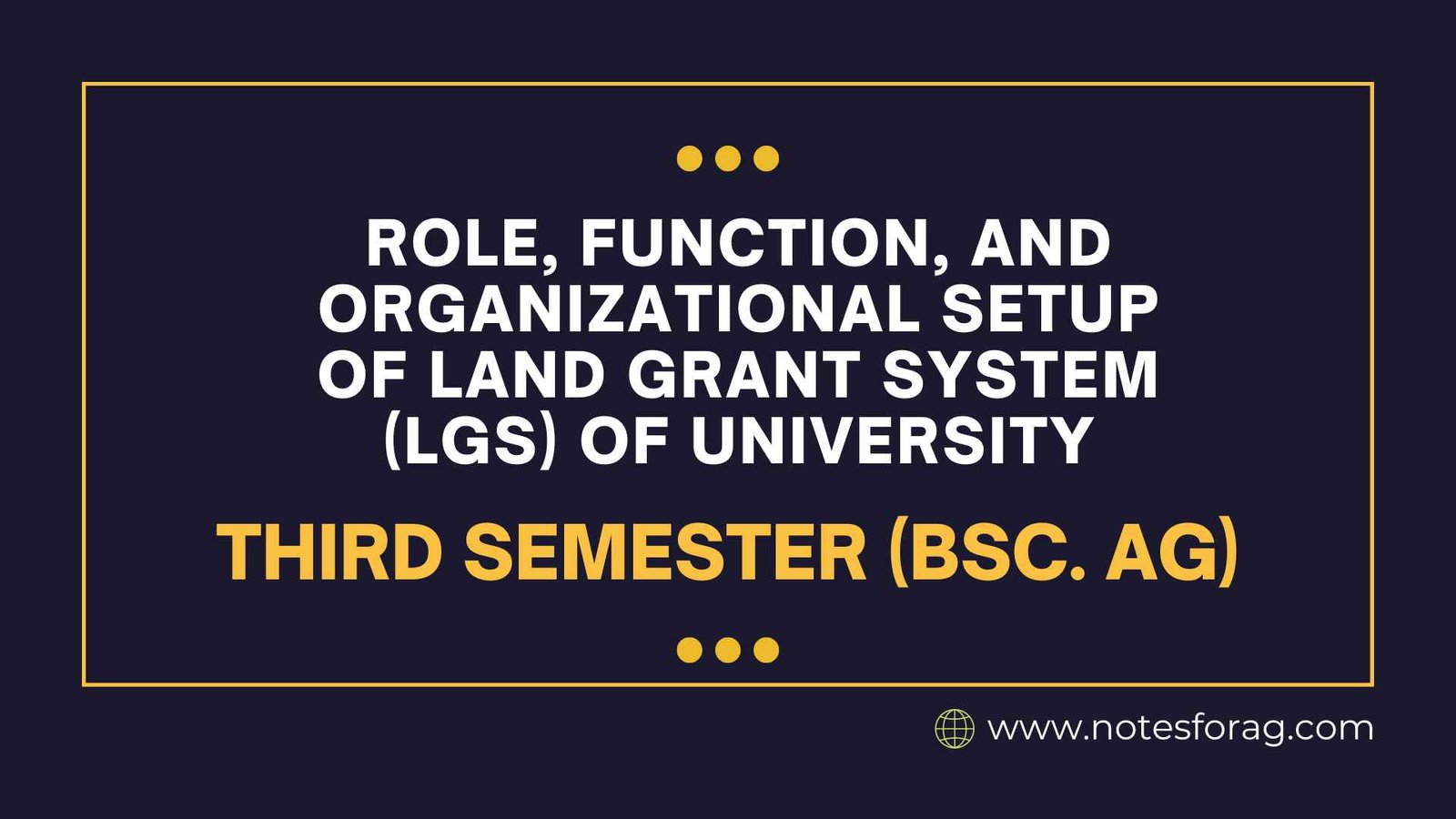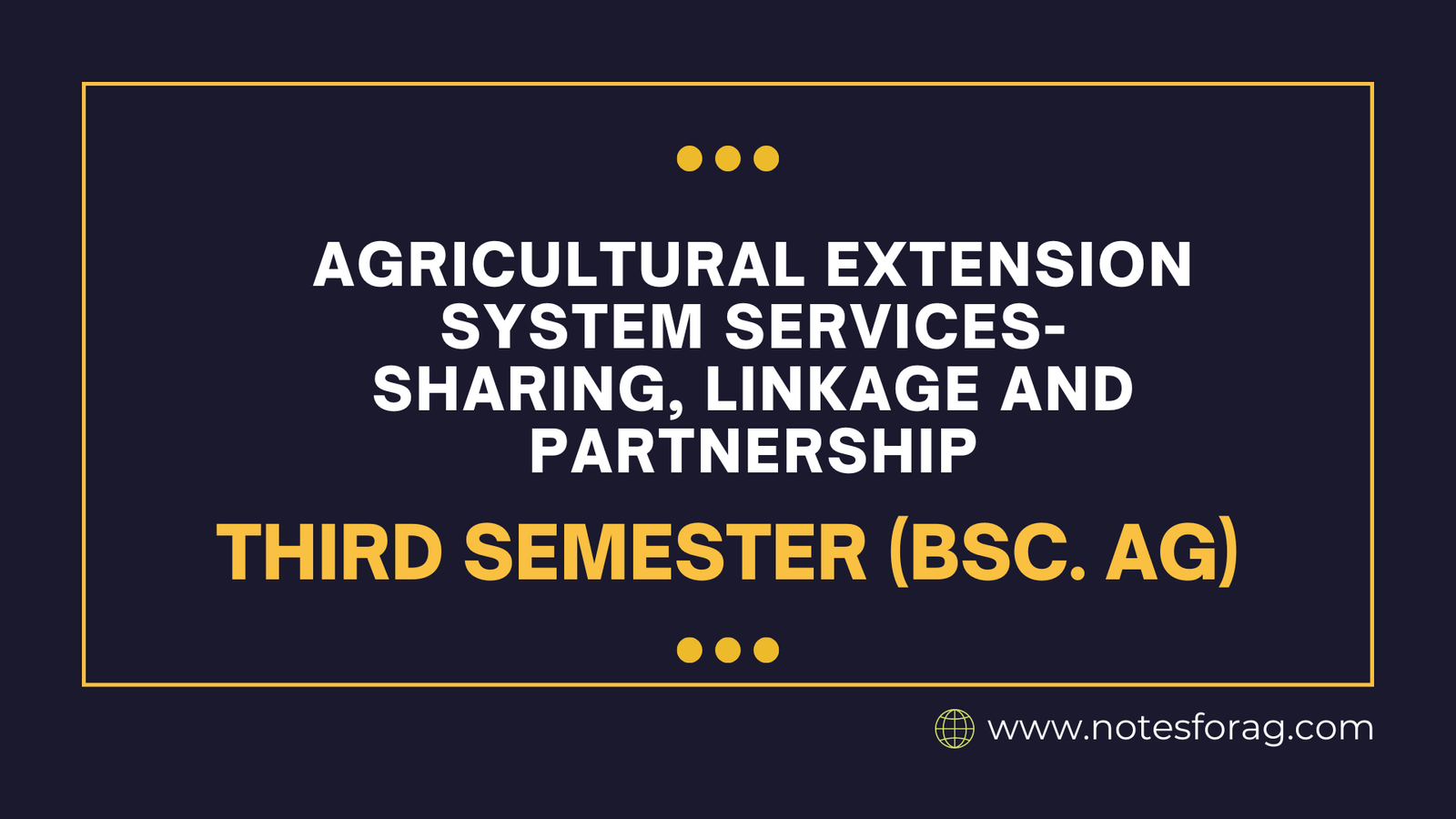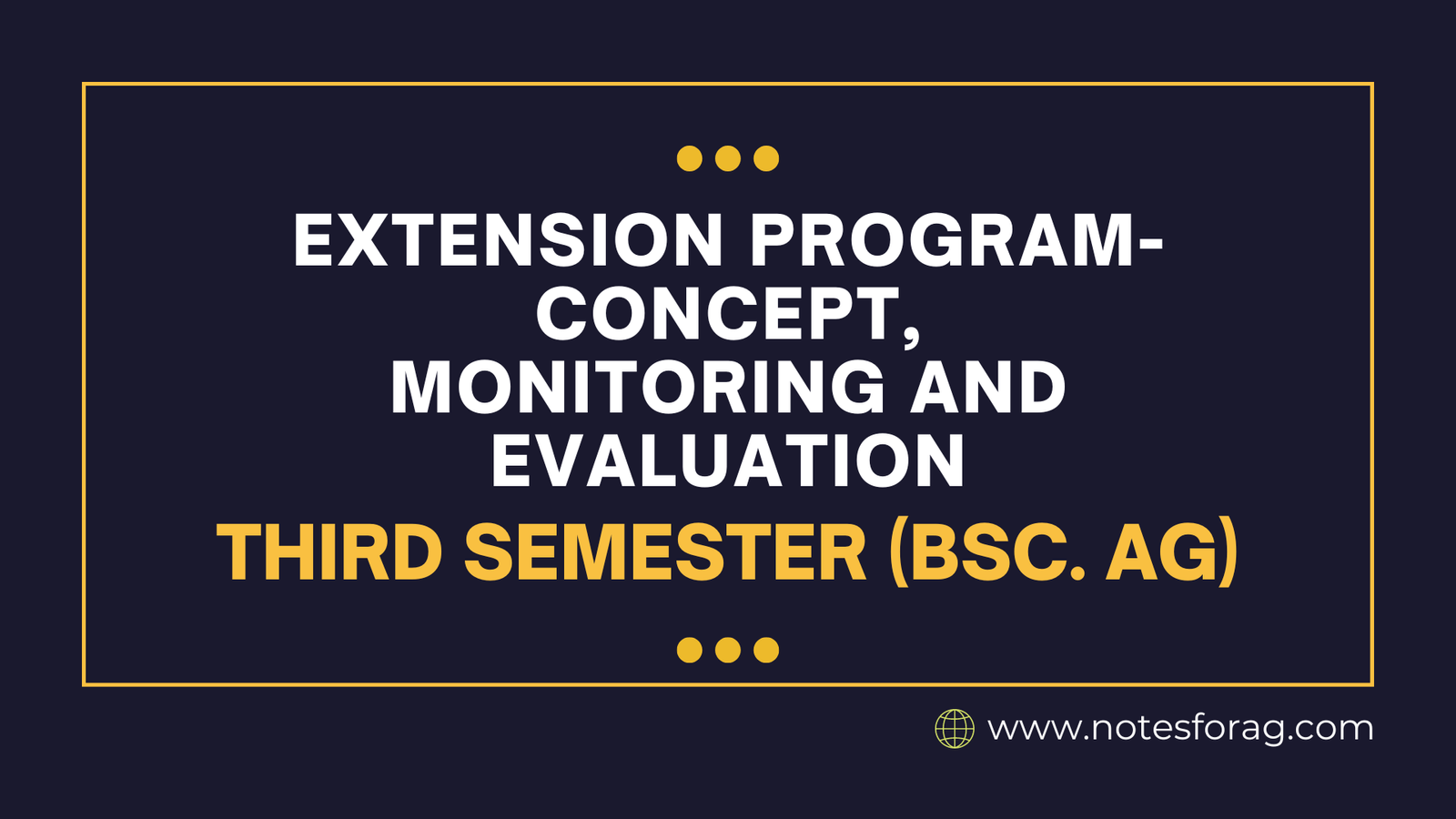Insects- Definition, Scope, Importance, Specialties, Benefits and Harms
Insects, members of the class Insecta, are the most diverse collection of organisms on Earth, playing important roles in ecosystems and human life. Entomology includes taxonomy, physiology, ecology, and applied applications such as agricultural and medical entomology. They play an important role in biodiversity and ecological balance by pollinating, decomposing, and providing natural pest management. … Read more

